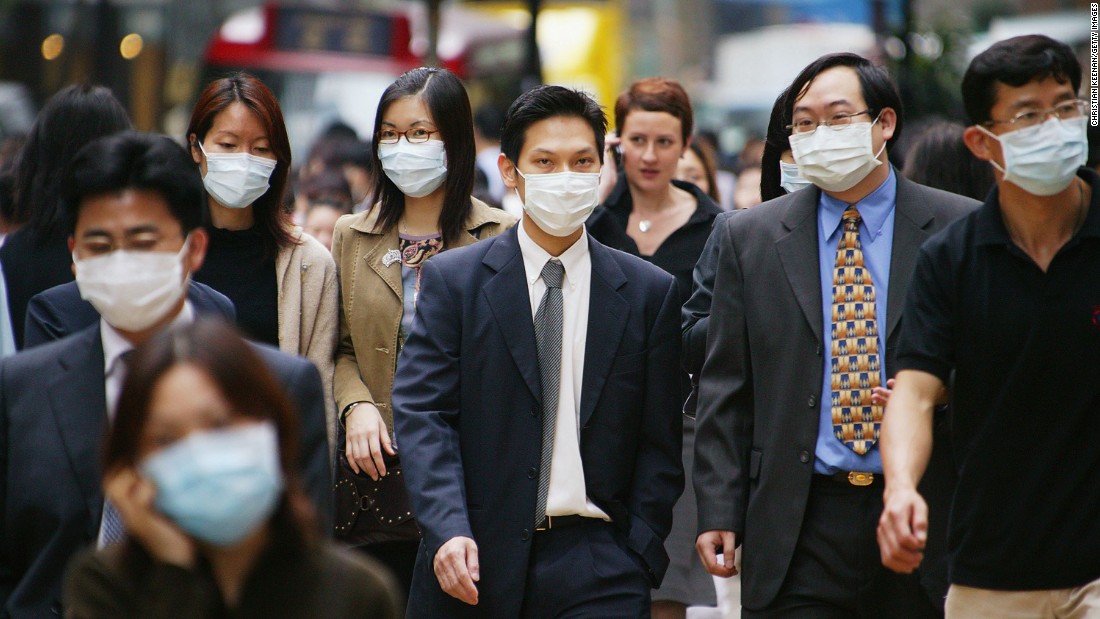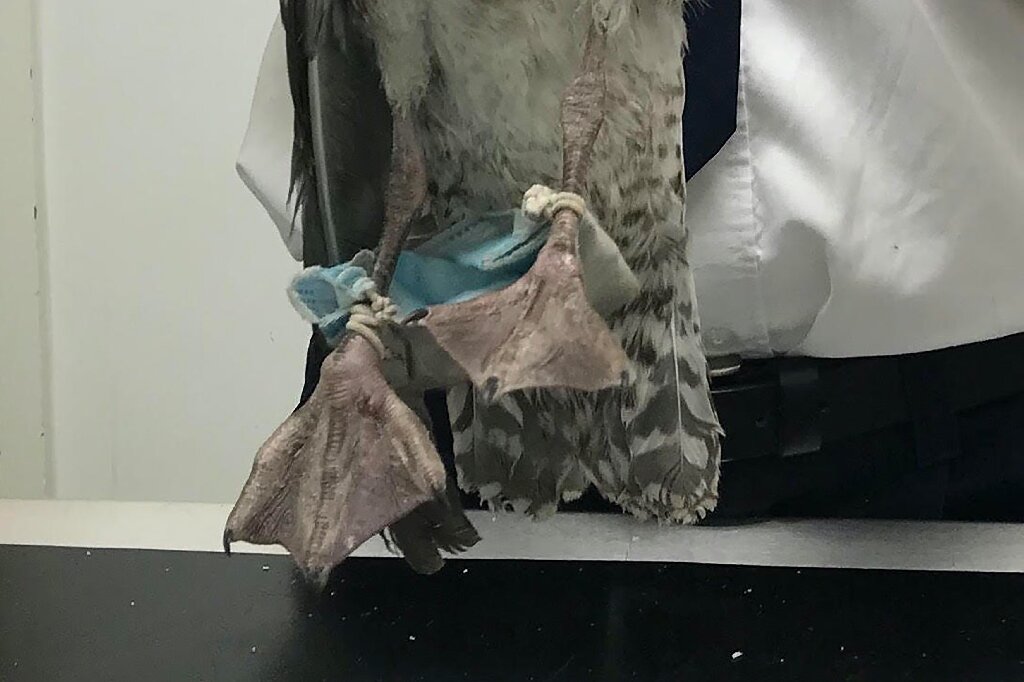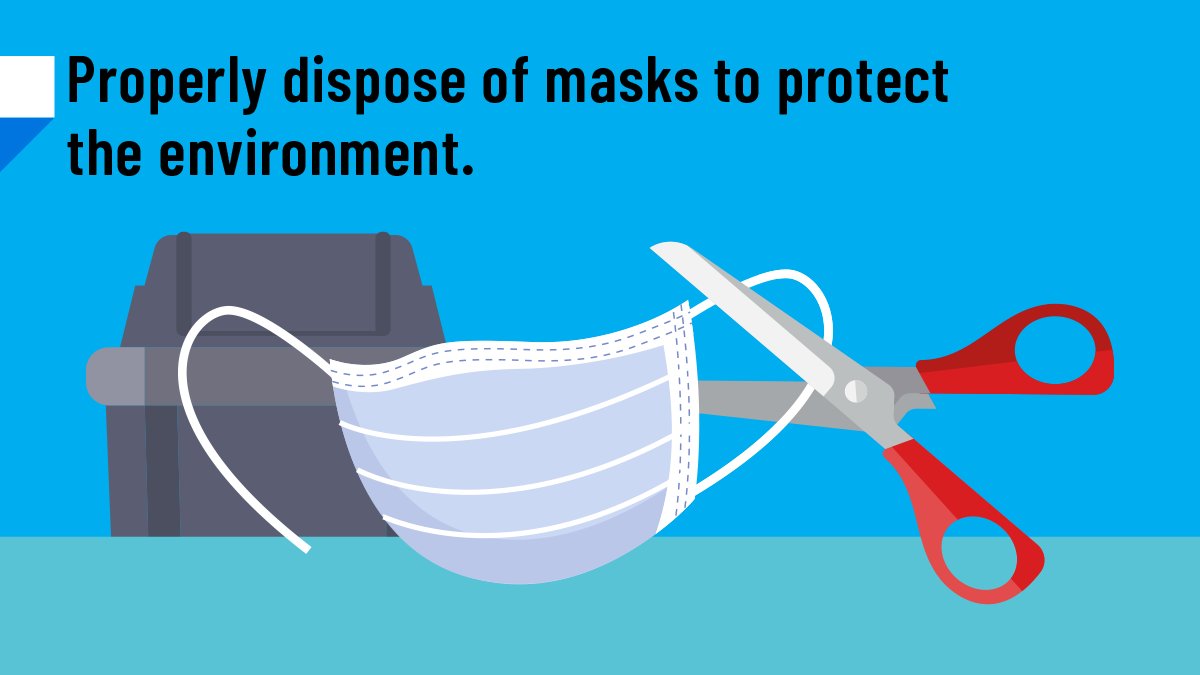 During the pandemic, masks and other forms of personal protective equipment (PPE) have become familiar fixtures of our daily lives. They have helped ensure the safety of ourselves and our loved ones.
During the pandemic, masks and other forms of personal protective equipment (PPE) have become familiar fixtures of our daily lives. They have helped ensure the safety of ourselves and our loved ones.
Yet, the improper disposal of PPE has contributed to a dangerous trend – the accumulation of medical waste and the littering of our planet.
What is medical waste, and how has it grown during the pandemic? Let’s take a closer look.
Medical Waste: A New Form of Pollution
Medical waste is the litter generated from syringes, COVID test kits, and PPE like masks, gloves, and wipes.
 Every month, we use an estimated 129 billion masks, meaning a whopping 3 million are used every minute! In a recent report, the United Nations found that from March 2020 to November 2021, much of 87,000 tons of used PPE has become non-disposable waste.
Every month, we use an estimated 129 billion masks, meaning a whopping 3 million are used every minute! In a recent report, the United Nations found that from March 2020 to November 2021, much of 87,000 tons of used PPE has become non-disposable waste.
This is especially concerning, as the waste traps animals and birds and affects the health of our ecosystems and communities. When not properly discarded, PPE waste may be blown into local rivers and streams or mistaken by seagulls and songbirds as materials to use for building nests.
They are harmful to the environment because most PPE is made from plastic fibers. These fibers can never fully degrade, and instead, break down into microplastics and nanoplastics that linger in our oceans and are ingested by fishes and other marine organisms.
At present, 30% of healthcare facilities, many in developing countries, do not have systems that can deal with the increasing amount of waste. As a result, facilities have resorted to burning medical waste. This can put healthcare workers at a higher risk of contact with pathogens, and communities near landfills more susceptible to poisonous air from the burn pits.
What Can We Do About Medical Waste?
 Fortunately, there are several ways we can take to help prevent our face masks from littering our communities and ending up as harmful waste.
Fortunately, there are several ways we can take to help prevent our face masks from littering our communities and ending up as harmful waste.
The United Nations recommends using safe, biodegradable masks or washable cloth masks as an alternative. Sealing used masks and gloves in a separate bag and cutting mask straps before throwing them away can also prevent PPE from ending up in unintended locations, such as sewage systems on streets, or trapping small animals.
However, it is important to note that masks should not be placed in household recycling bins because most garbage collection systems in cities are unable to dispose of the material.
Ultimately, knowing how to responsibly discard our PPE can help us not only protect the environment but also ourselves and other individuals in our community.
Sources: National Geographic, Al Jazeera, UN, Reuters, NYTimes







